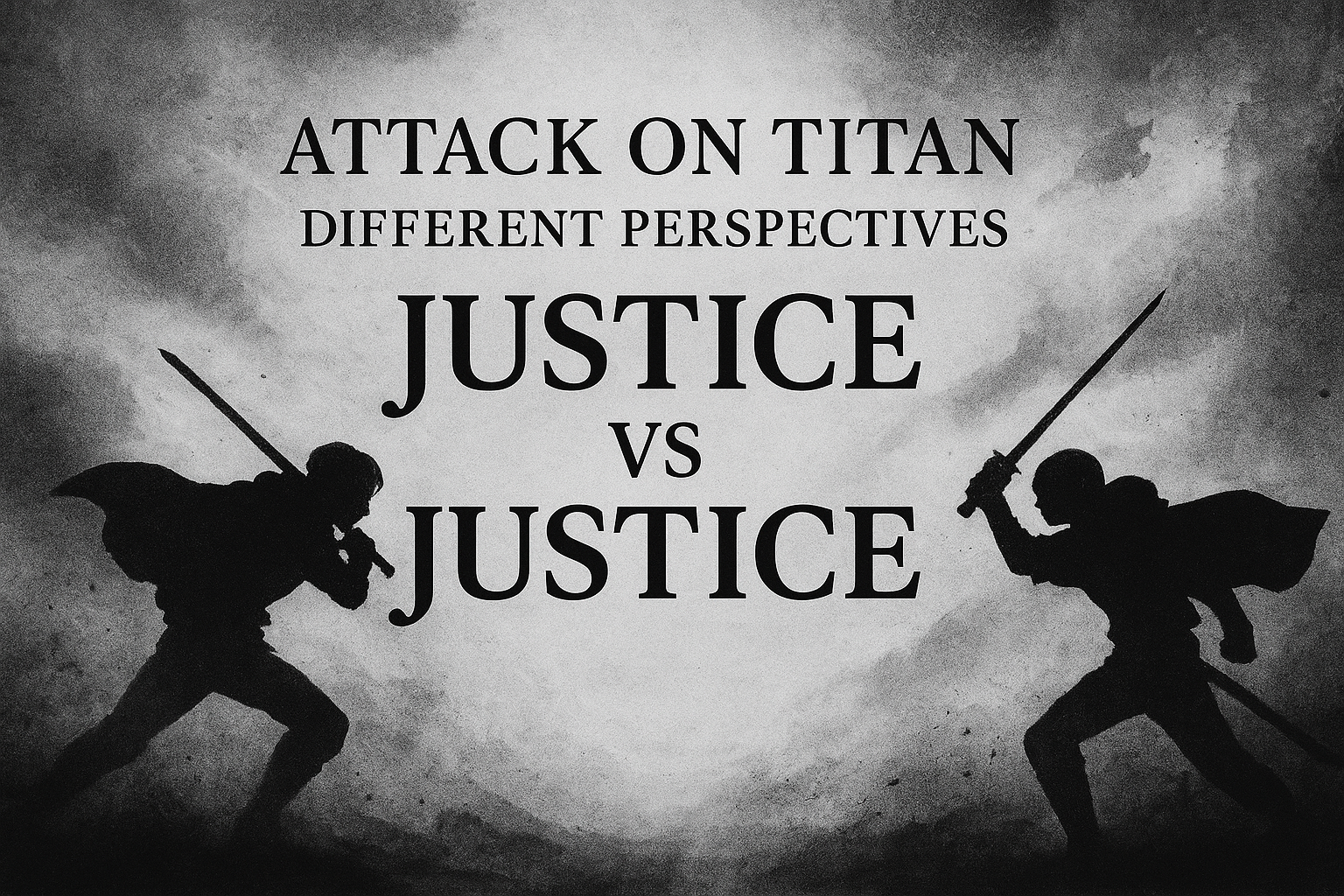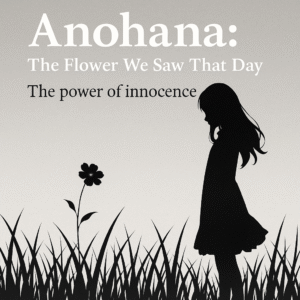— How a Shift in Perspective Can Reshape the World
⸻
“My Justice” vs. “Their Justice”
The justice we believe in often collides with someone else’s version of justice.
But this is rarely a matter of good versus evil. More often, it’s a matter of what each side sees — or is allowed to see.
Take Gabi, a young girl in Attack on Titan.
When she first appears, many viewers likely saw her as “the enemy.”
She attacks Eren and his allies without hesitation, challenging the side we had come to root for.
But as the story unfolds, we begin to understand:
Gabi had her own reasons. And from her point of view, they were completely valid.
⸻
Justice Depends on Where You Stand
Gabi was raised in Marley, trained from childhood as a Warrior candidate.
There, she was taught that her people — the Eldians — carry the sins of the past, and that proving loyalty to Marley was the only way to live as a “good Eldian.”
To her, this wasn’t propaganda. It was reality.
From Gabi’s perspective, Eren and his friends were terrorists.
She believed it was her duty to stop them — even if it meant risking her life.
But we, the viewers, had followed Eren’s journey.
We empathized with his pain, his ideals, his rage.
So when Gabi appeared and threatened him, we felt anger. Disgust. Maybe even hate.
Only later, when we learned about her background, did we start to realize:
Her justice wasn’t wrong. It was just different.
⸻
The Danger of Judgment Without Perspective
Modern society isn’t so different.
One tweet goes viral, stripped of context.
A comment is labeled a “scandal,” and the speaker is condemned as a villain.
We judge people based on a few characters on a screen — not the life behind them.
How often do we really try to understand the whole picture?
The pressure, the upbringing, the context in which someone speaks or acts?
Perhaps our initial reaction to Gabi — “enemy” — mirrors this same impulse to judge without perspective.
⸻
When Political Correctness Becomes a Weapon
Political correctness — or “PC culture” — has value.
It seeks to reduce discrimination and promote inclusiveness.
But sometimes, it becomes something else.
A new kind of justice. A new kind of pressure.
Statements like “If you don’t say it this way, you’re wrong,” or
“If you don’t believe this, you’re outdated,”
can become a form of coercion — even violence.
Even the most noble ideas can become harmful when they deny the existence of other perspectives.
Gabi’s justice was real. So was Eren’s.
Neither was truly wrong. But when two forms of justice collide, conflict becomes inevitable.
⸻
Final Thoughts: Recognizing the Limits of Your Perspective
Gabi’s story teaches us something crucial:
That what we call “justice” often depends on where we’re standing.
Different perspectives create different truths.
And that means we need humility — the kind that makes us pause before passing judgment.
“The world you see is shaped by where you stand.”
It’s a simple truth — but one we must never forget.

